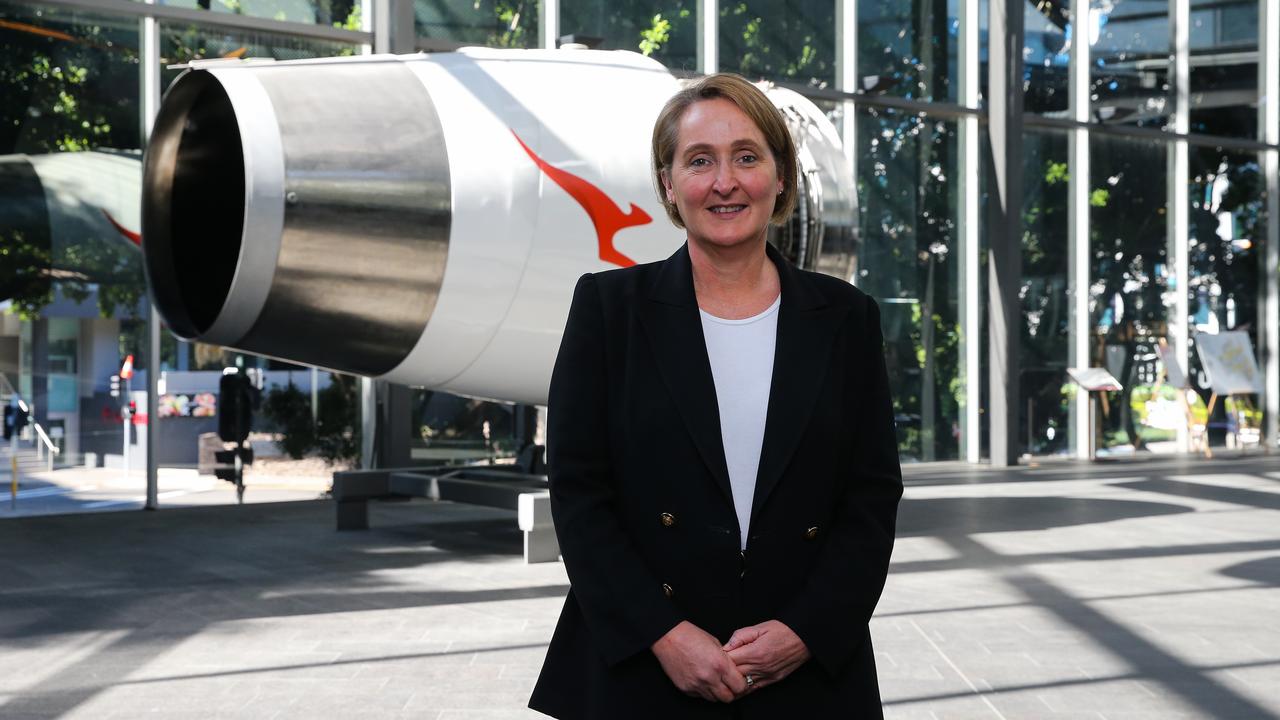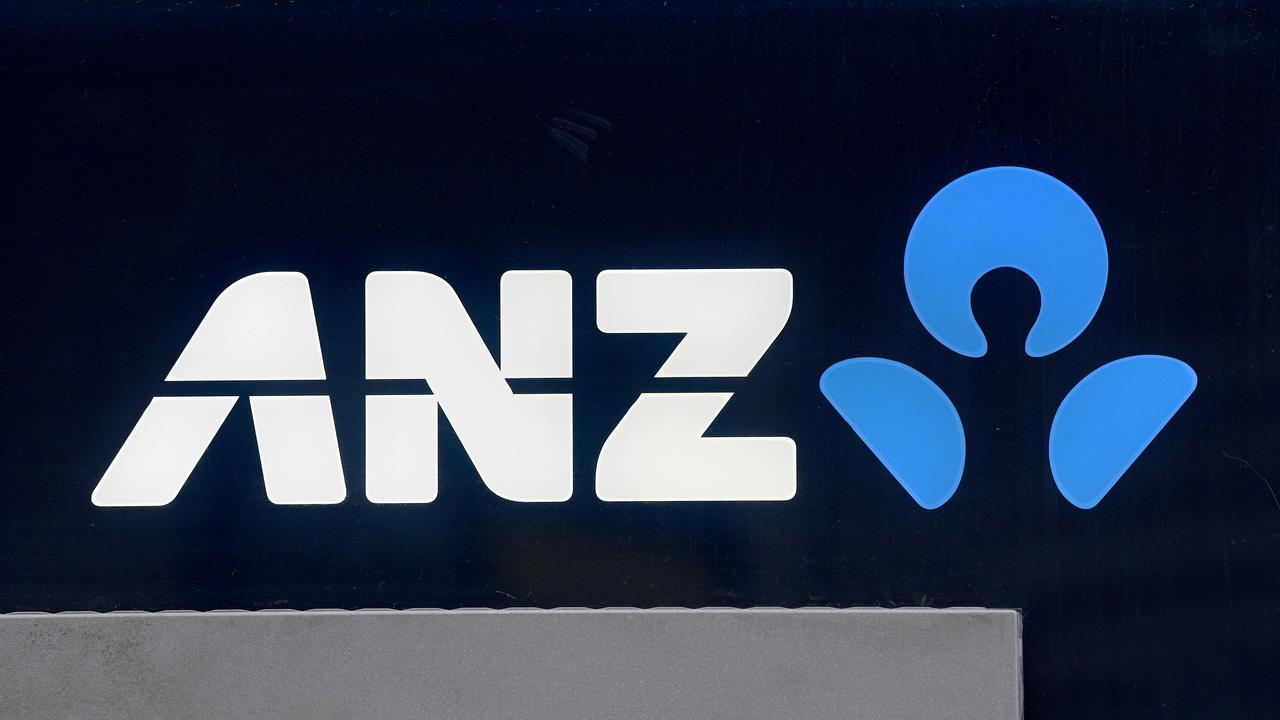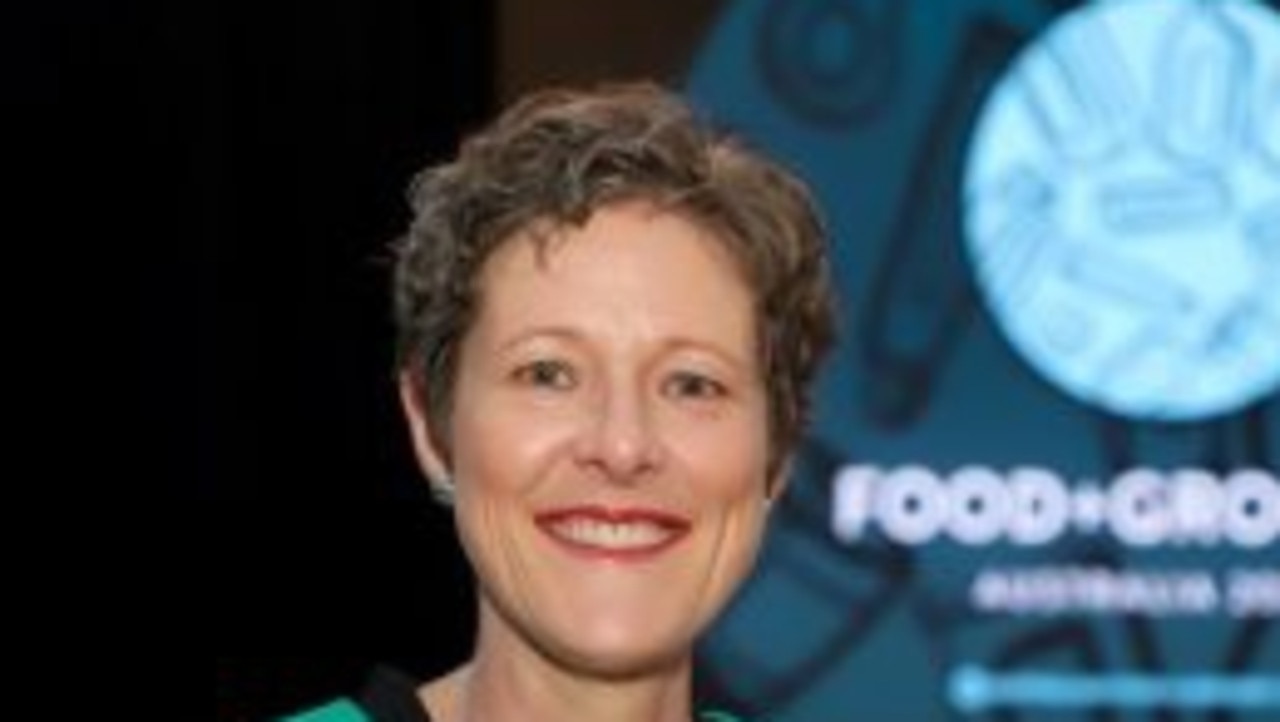The blown jet engine that shook Alan Joyce and tested his resolve
In his 15 years at the controls of Australia’s pre-eminent airline, one decision above all others sticks in Alan Joyce’s memory as his most difficult – and it all came down to safety.

Business
Don't miss out on the headlines from Business. Followed categories will be added to My News.
The toughest decision that Qantas chief executive Alan Joyce had to make during his 15 years at the controls of Australia’s top airline came in November 2010, when he had to ground its fleet of A380s after the explosion of an engine on a Qantas flight over Indonesia.
In his time at Qantas, Joyce became the first executive of a legacy airline to found a successful low-cost carrier in Jetstar.
He took over as chief executive as the world was headed into the Global Financial Crisis and had to handle skyrocketing fuel prices along with the decision to controversially ground the fleet in 2011 in response to industrial problems. More recently came the shock of the 2020-21 Covid-19 pandemic, which virtually shut down the airline and caused the unprecedented closure of Australia’s borders.
Yet asked about his toughest-ever decision as he hands over the reins to a 28-year Qantas veteran in Vanessa Hudson, Mr Joyce has no hesitation in describing the time in 2010, when he had to make the call.
“The toughest decision I had to make involved safety,” he said. “It was when the engine of QF32 blew up.
“We were in the boardroom and the head of engineering was looking at the television screen and could see TV pictures of the engine on the plane flying in Indonesia. He said: ‘You have to ground the fleet because this is this type of (engine) failure’.
“We had three aircraft ready to push back. One with 200 people on it. We had minutes to make a decision about whether we ground the fleet or not.”
It was later discovered that the Rolls-Royce engines had a design problem, but this was not known at the time.
“It cost us hundreds of millions of dollars, but money didn’t come into consideration: people’s safety did. Of all the decisions, that’s the one that still plays in my head,” Mr Joyce said as he looks forward to finally retiring from Qantas at the end of the year.
Having extended his tenure to lead the airline through the pandemic, Mr Joyce is set to hand over to a low-key Qantas insider who will face very different challenges.
These include rebuilding relations with customers disgruntled by delays, flight cancellations and Covid flight disruptions, overseeing the acquisition of new aircraft, and managing the airline’s balance sheet in the face of increasing competition as the aviation market reopens in the wake of the pandemic. There is also navigating her own relationship with the Qantas unions, which have been no fans of Mr Joyce’s.
In discussing the transition, Mr Joyce reflected on his choice as chief executive being very different from previous Qantas leaders, including being a gay man from Ireland.
Ms Hudson acknowledged that the appointment of the first woman to lead Qantas, in a global airline business that is still largely male-dominated at the top levels, was also groundbreaking.
A mother of two girls aged 18 and 21, Ms Hudson said her appointment would send a strong signal to other young women about their career potential.
Mr Joyce grew up in one of the toughest suburbs in Dublin, studying maths and engineering at Trinity College, before entering the airline business.
Ms Hudson is an accountant who joined Deloitte as an external audit before joining Qantas in its accounting department at the age of 24.
She moved up the ranks of the airline, expanding her experience in 1997 as catering product manager – a time which involved the selection of Sydney chef Neil Perry as director of food and beverage services – then general manager of inflight services, executive manager, commercial planning, senior executive vice-president for the Americas, chief customer officer in 2018 and chief financial officer in 2019.
While Qantas chair Richard Goyder said on Tuesday that the board had considered a field of 40 candidates for the job, he deflected questions about reports that the board had only done in-depth interviews with inside candidates – with the frontrunners being Ms Hudson and the head of the Qantas loyalty business, Olivia Wirth.
The appointment of Ms Hudson has been described as a safe decision by Mr Goyder and his board, following on from his equally safe decision the day before to appoint insider Andrew Dillon as chief executive of the AFL (Mr Goyder is also the AFL chairman).
While Ms Hudson has a very different personal style to Mr Joyce, she is one who can be expected to carry out the same strategy for Qantas, having been part of its senior leadership team for so many years.
Ms Hudson describes her leadership style as “very collaborative”.
“I appreciate lots of voices in solving issues,” she said when asked about her approach to decision making. “But I’m also very decisive when needs be.
“I’m a very good listener. I think it’s really important as a leader that you listen, but then you act decisively and quickly.”
Ms Hudson credits the years during the pandemic, from 2020, when the Qantas leadership team had to make tough decisions under pressure as being one of her greatest learning curves, which would put her in good stead for the top job.
“During Covid, we were making many decisions in a continuous way,” she said.
“Being a strong leader requires you to pivot and learn.”
She described decision-making at the top of the airline during Covid-19 as one of “learning loops”.
Ms Hudson also describes her style as being “humble, genuine and approachable”.
“I want to be an approachable leader. I want to be very visible within the organisation,” she said.
One airline industry observer describes Ms Hudson as a “safe pair of hands”, adding: “She knows the business well. Her leadership will be a continuation of the program that was under Alan.
“It would be very hard for her to slash and burn the program when she has been one of the architects of it.
“You won’t notice too much different coming out of the CEOs office under Vanessa than what Alan was doing.”
Another described her as having a reputation as being a “voracious cost cutter”, saying: “Airlines are very emotion-driven businesses from a customer perspective. You cannot dismiss the impact of the customers or the role they play in your success.
“One of the watchouts for her is that she doesn’t overlook the need – and there is a need – for Qantas to do some brand restoration in this market.
“She doesn’t necessarily have the background to do it without getting some serious help in.”
Investment banker Simon Mordant, who has advised Qantas over the past 20 years, including working with Ms Hudson as chief financial officer over the past five years, said Ms Hudson had a different personal style than Mr Joyce but was “going to be a great CEO”.
Mordant worked closely with Ms Hudson in early 2020, when Qantas became the first airline in the Covid crisis to raise capital – a total of $1.8bn in equity and several billion dollars more in debt.
Originally published as The blown jet engine that shook Alan Joyce and tested his resolve







